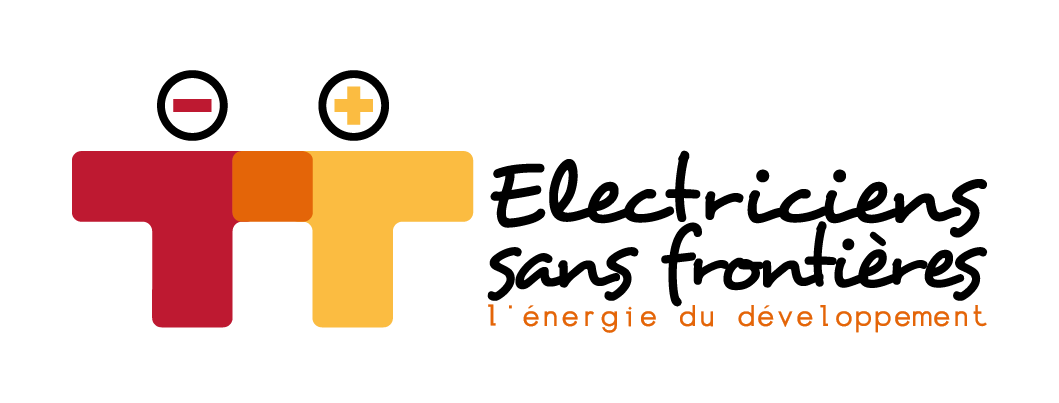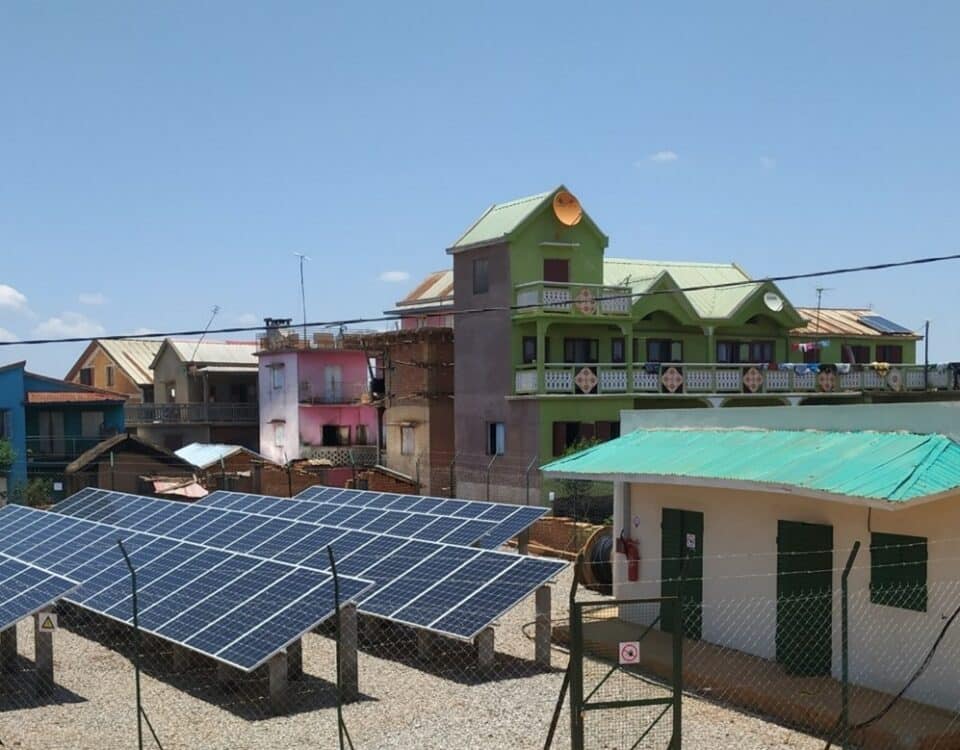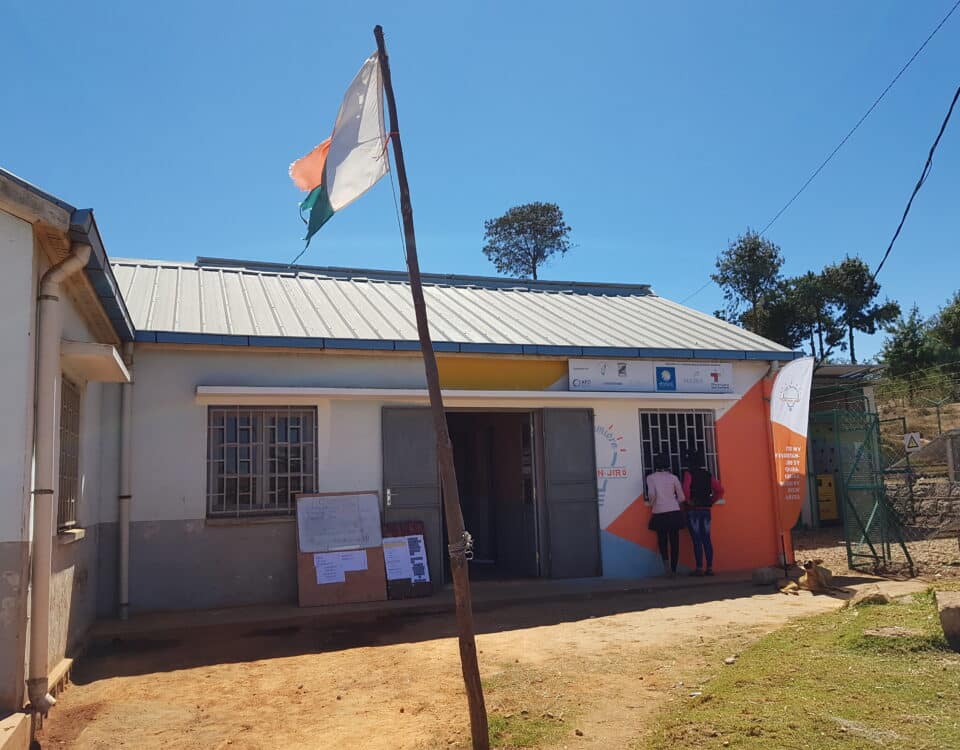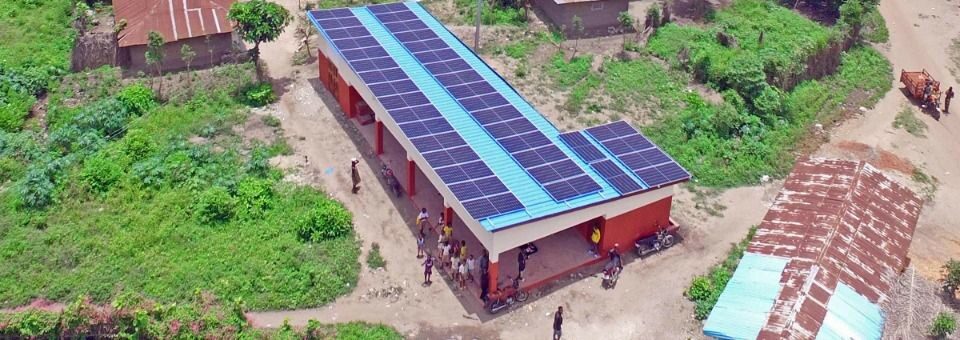23 May 2025
Une étude scientifique indépendante, menée par la Fondation pour les études et recherches sur le développement international (FERDI), évalue les impacts du projet Café Lumière d’Electriciens sans frontières à Madagascar. Grâce au continuum de solutions que propose Café Lumière via des plateformes solaires multi-services, ce projet améliore l’accès à l’électricité pour les ménages, les entrepreneurs et les services publics en zone rurale. Une avancée mesurée et reconnue.
5 February 2024
In four articles, we present the Cafés Lumière mini-grid project in Madagascar, the limitations of its standard evaluation carried out for accountability purposes, which does not provide any real evidence of impact, and various alternative ways of testing and documenting the project's socio-economic impacts.
12 December 2023
In four articles, we present the Cafés Lumière mini-grid project in Madagascar, the limitations of its standard evaluation carried out for accountability purposes, which does not provide any real evidence of impact, and various alternative ways of testing and documenting the project's socio-economic impacts.
29 November 2023
Nous présentons en quatre articles le projet de mini-réseaux Cafés Lumière à Madagascar, les limites de son évaluation standard réalisée pour des besoins de redevabilité, qui ne permet pas d’apporter de véritables preuves d’impact et différentes voies alternatives pour tester et documenter les impacts socio-économiques du projet.



